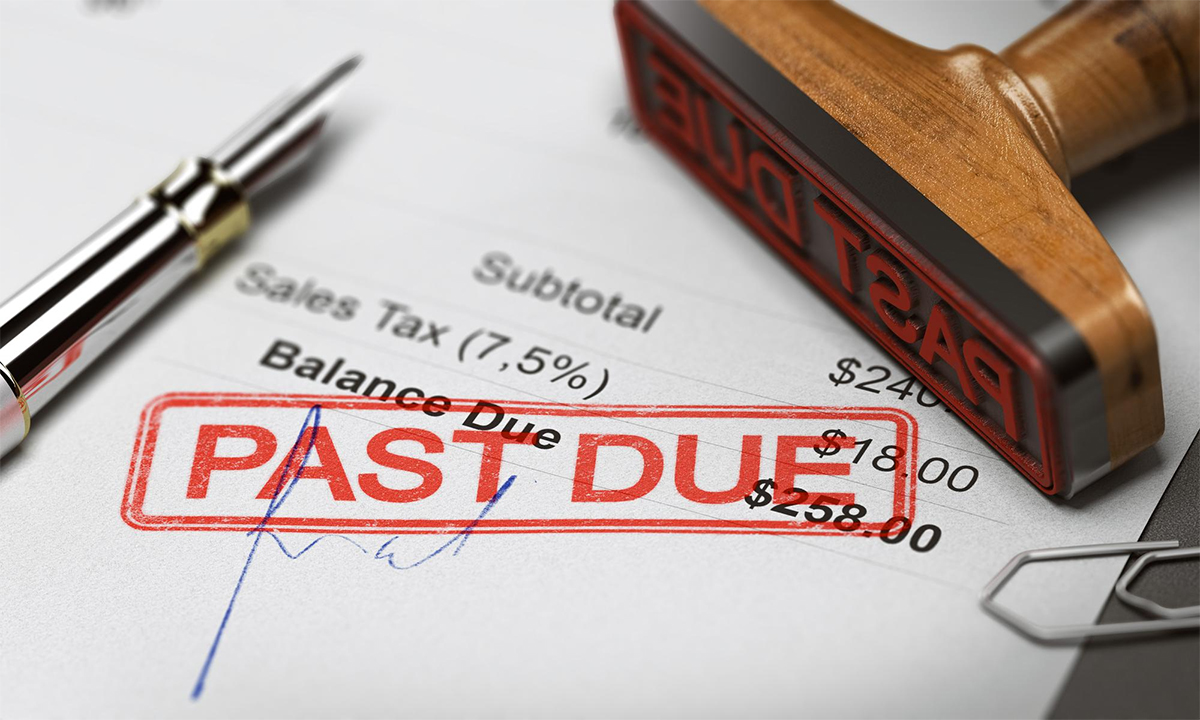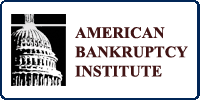Saginaw Michigan, Bankruptcy Attorney
One of the Best Bankruptcy Attorneys in Saginaw, MI
Office Location
3125 Davenport Ave
Saginaw, MI 48602
Monday – Friday : 9:00 am – 5:00 pm
Saturdays : 9:30am – 11:30 by phone only
Appointments as late as 6:30 Mon-Thur by phone only
Highly Recommended
Get a Free Consultation
Are You Drowning In Debt and Feeling Overwhelmed by Your Financial Situation?
It’s time to take control of your life.
Frego Law is the leading bankruptcy lawyer in Saginaw, Michigan, specializing in helping individuals and families navigate through the complex process of bankruptcy.
With years of experience and a deep understanding of the legal system, our team is here to provide you with the support and guidance you need during this difficult time.
Don’t wait another day to find relief from your financial woes. Contact Frego Law today and schedule your free consultation with our knowledgeable bankruptcy lawyer in Saginaw, Michigan. Take the first step towards a brighter future.

What is Bankruptcy?
Bankruptcy is a legal process that offers a fresh start if you or your business are overwhelmed by debt.
It provides you an opportunity to reorganize or liquidate your assets, with the guidance of our experienced bankruptcy lawyer, to repay or discharge your debts.
Filing for bankruptcy can offer relief from creditor harassment, protect assets from seizure, and provide a path toward financial recovery.
Understanding the different options, bankruptcy process, and potential consequences is important when considering bankruptcy as a solution to manage overwhelming debt.
Why Might You Need to File for Bankruptcy?
Facing financial difficulties can be overwhelming and stressful. In some cases, you may find yourself in a position where you are unable to overcome your debt burden and are left with no choice but to consider bankruptcy.
There are several common reasons why you might need to file for bankruptcy. One of the most prevalent reasons is overwhelming debt. This can occur when you have accumulated large amounts of debt that you are unable to repay, such as:
- Credit cards
- Personal loans
- Student loans
The inability to pay bills can quickly spiral out of control and lead to financial instability.
- Constant harassment from debt collectors: Harassment can take a toll on your mental and emotional well-being. Relentless phone calls, threats, and intimidation can make your life unbearable. Filing for bankruptcy can provide relief and protection from creditor harassment.
- Foreclosure: When you face the possibility of losing your home due to mortgage arrears, filing for bankruptcy can temporarily halt the foreclosure process and provide an opportunity to save your home.
- Wage garnishment: When creditors obtain a court order to collect unpaid debts directly from your paycheck, it can make it nearly impossible to cover basic living expenses. Filing for bankruptcy can put an end to wage garnishment and provide a fresh start.

Types of Debt
Bankruptcy provides you and your business with a way to eliminate or restructure your debts and make a fresh start.
There are different types of debt that can be filed for bankruptcy, and each type has its own eligibility criteria and requirements.
Not all debts can be discharged through bankruptcy; some of the debts that cannot be eliminated through bankruptcy include:
- Alimony payments
- Child support
- Criminal fines
- Most tax debts
Secured debts such as mortgages and car loans typically require continued payment to keep the property.
Consulting with our experienced bankruptcy attorney is necessary to determine which types of debt are eligible for discharge and to understand the implications of filing for bankruptcy.

Unsecured Debt
Unsecured debt refers to debt that is not backed by any collateral, such as a house or a car. In a bankruptcy filing, unsecured debt can be included and potentially discharged, providing individuals with relief from their financial difficulties. [1]
Some common examples of unsecured debt include:
- Credit Cards: Credit card debt is one of the most prevalent forms of unsecured debt, often carrying high interest rates that can quickly accumulate.
- Medical Expenses: Medical bills are a significant burden, especially for those without sufficient insurance coverage.
Other types of unsecured debt that may be dischargeable through bankruptcy include personal loans and student loans.
Personal loans are typically obtained without any collateral and can be used for various purposes. Student loans, although generally not dischargeable through bankruptcy, may qualify for discharge under certain circumstances, such as undue hardship.
When you’re facing overwhelming unsecured debt, consulting with our qualified bankruptcy attorneys can help you understand your options and navigate the bankruptcy process effectively.
Secured Debt
Secured debt is a type of debt that is backed by collateral, which serves as security for the lender in case you default on the loan. This collateral could be in the form of assets such as a house, car, or property. [2]
Unlike unsecured debt, which does not require collateral, secured debt offers more protection to the lender, making it less risky for them to provide the loan.
In the event of default, the lender has the right to repossess or foreclose on the collateral and sell it to recover their money. Common examples of secured debt include:
- Auto loans: Automobiles are typically used as collateral for auto loans, and the lender has the right to repossess the vehicle if payments are not made.
- Mortgages: Homes are typically used as collateral for mortgages, and the lender has the right to foreclose on the property if payments are not made. Filing for bankruptcy can provide an opportunity to save a home from foreclosure.
- Tax Debt: In certain circumstances, individuals may be able to discharge some tax debt through bankruptcy. Taxes that do not qualify for discharge can still be restructured through a bankruptcy filing, providing some relief from the burden of tax debt.
Secured debt differs from unsecured debt in that it provides lenders with a higher level of security, reducing their risk.
Secured debt often comes with lower interest rates compared to unsecured debt, as lenders have a better chance of recouping their funds. Borrowers should be aware that defaulting on secured debt can result in the loss of the collateral.
Joint Debt
When individuals in Saginaw, Michigan, find themselves facing financial difficulties and considering bankruptcy, it is essential to understand the concept of joint debt and its implications.
Joint debt refers to debts that are shared by multiple individuals, such as spouses or co-signers. [3] In bankruptcy proceedings, joint debt can have a significant impact on both the responsibility for repayment and the discharge of the debt.
If you file for bankruptcy while still having joint debt with another person, the bankruptcy filing may protect you from legal action and creditor harassment, but it does not necessarily discharge the co-debtors liability.
The co-debtor would still be responsible for repaying the debt in full, even if your portion is discharged.
Joint debt can complicate the bankruptcy process, as the bankruptcy court will need to determine the extent to which the debt is your responsibility.
In some cases, joint debt may be eligible for discharge, depending on various factors, such as the type of bankruptcy being filed and the nature of the debt.
Priority Debts
In the bankruptcy process, not all debts are treated equally. Priority debts are a category of debts that are given priority over other types of debts, meaning they are not dischargeable and must be paid in full. [4]
Child support and alimony obligations are considered priority debts because they are essential for the well-being of dependents and are, therefore, given special treatment in bankruptcy proceedings.
These obligations cannot be easily discharged and must be fully paid when filing for bankruptcy.
Tax debts can also be considered priority debts. Certain types of tax debts, such as recent income tax obligations, are usually non-dischargeable in bankruptcy.
While some older tax debts may be discharged, it is important to consult with our experienced bankruptcy attorney at Frego Law to determine the specific implications of tax debts in bankruptcy.
Contact Our Experienced Bankruptcy Attorneys Today
At Frego Law, we understand how overwhelming and stressful the bankruptcy process can be. We provide compassionate and knowledgeable legal assistance to individuals in Saginaw, Michigan, who are considering filing for bankruptcy.
Our experienced Saginaw bankruptcy attorneys will help you understand your rights and options so that you can make informed decisions about your financial future.
We will guide you through every step of the bankruptcy process and help you explore all available alternatives. Contact us today to schedule a free consultation.

Sources:
[1] What Does Unsecured Debt Mean? (2021, February 24). Investopedia. https://www.investopedia.com/terms/u/unsecureddebt.asp
[2] Borrelli, L. (n.d.). What Is The Difference Between Secured And Unsecured Debt? | Bankrate.com. What Is the Difference Between Secured and Unsecured Debt? | Bankrate.com. https://www.bankrate.com/personal-finance/debt/secured-vs-unsecured-debt/
[3] Joint Debts & Who’s Liable. Free Debt Advice. StepChange. (n.d.). Joint Debts & Who’s Liable. Free Debt Advice. StepChange. https://www.stepchange.org/debt-info/types-of-debt/joint-debts.aspx
[4] Priority debt. (n.d.). LII / Legal Information Institute. https://www.law.cornell.edu/wex/priority_debt

Received Accolades:
206-2010, 2012, 2014-2021

American Bankruptcy Institute

Certified as a Bankruptcy Specialist by ABC

National Association of Consumer Bankruptcy Attorneys

Better Business Bureau
Office Location
3125 Davenport Ave
Saginaw, MI 48602
Monday – Friday : 9:00 am – 5:00 pm
Saturdays : 9:30am – 11:30 by phone only
Appointments as late as 6:30 Mon-Thur by phone only
